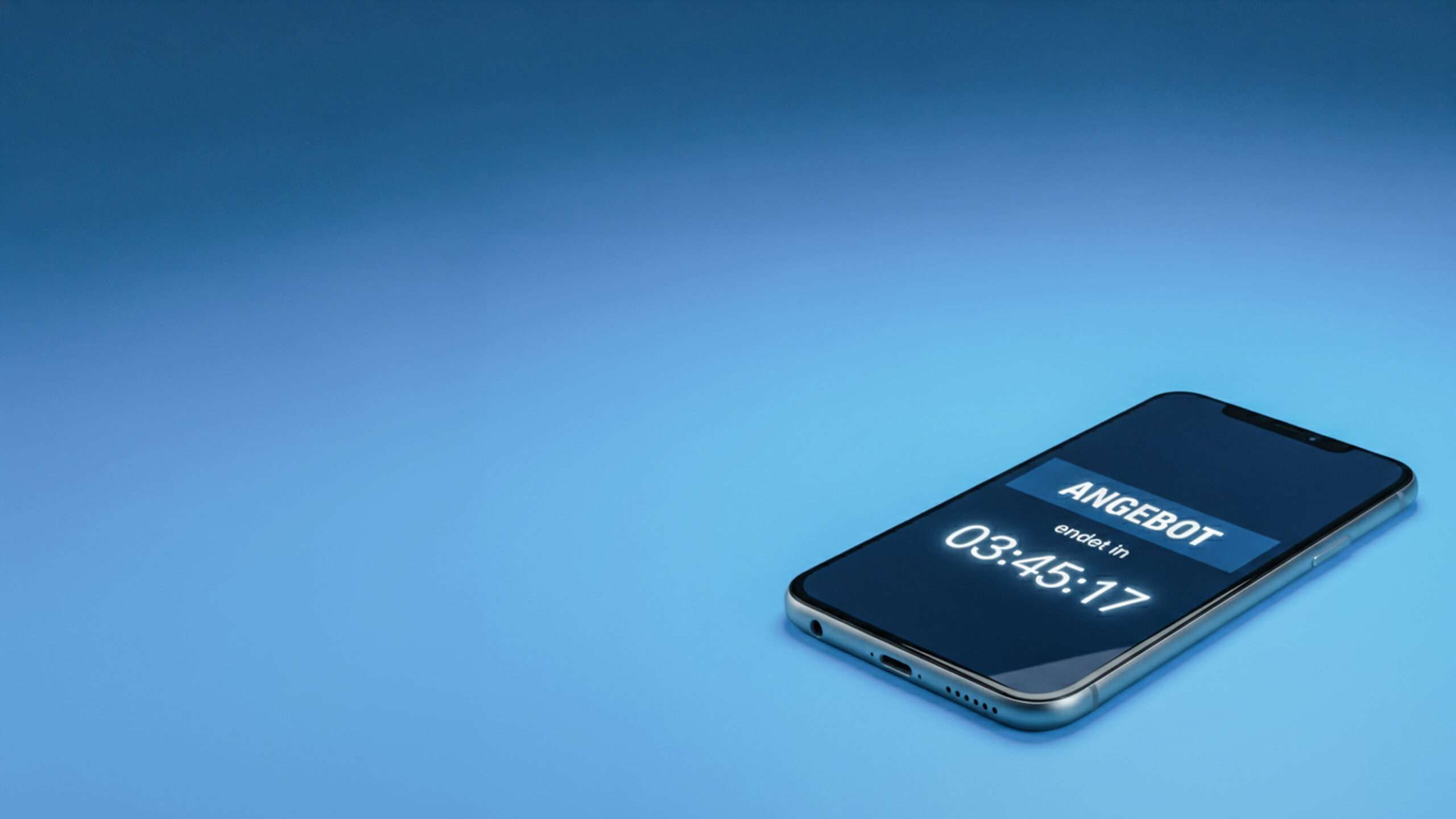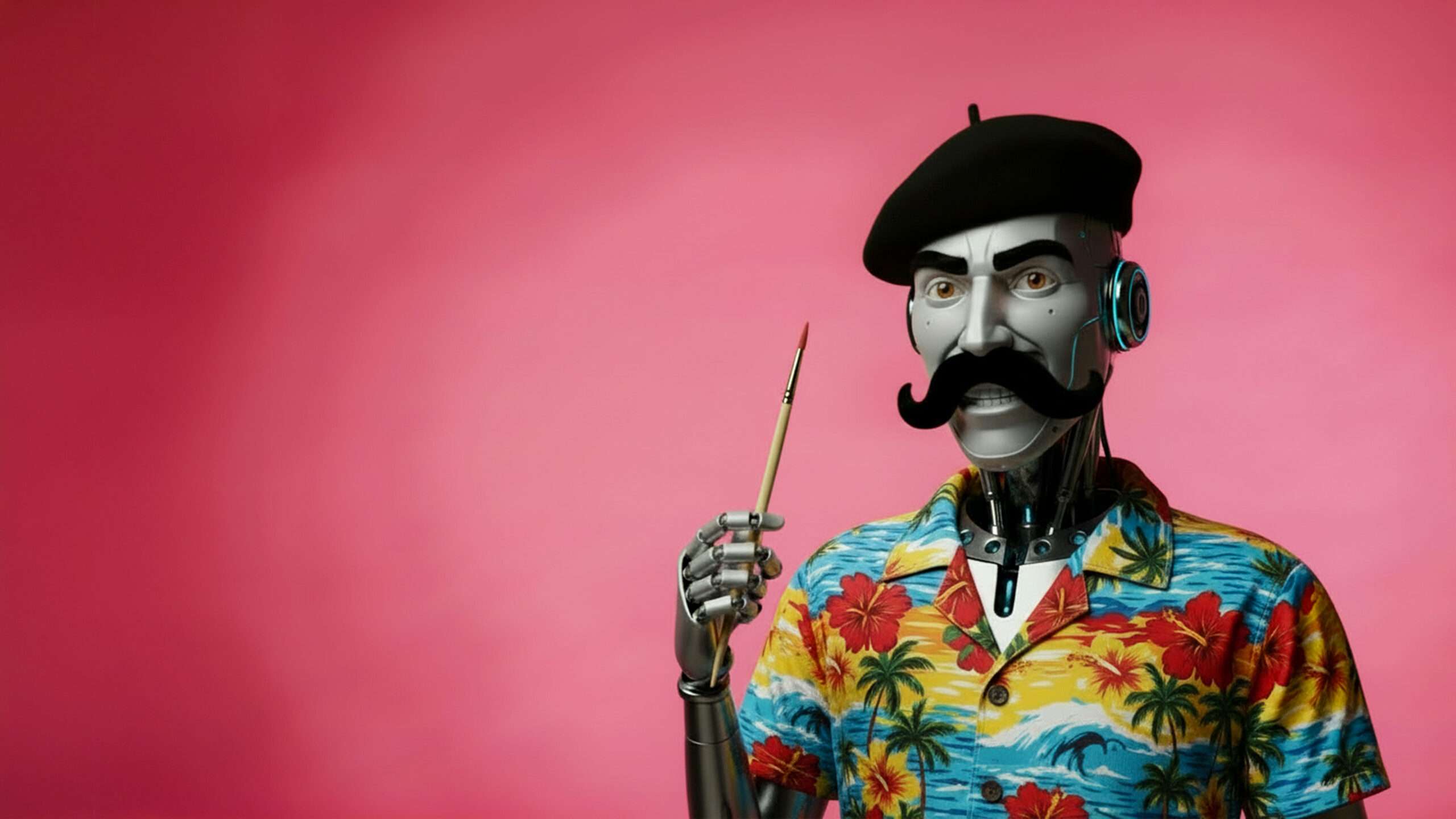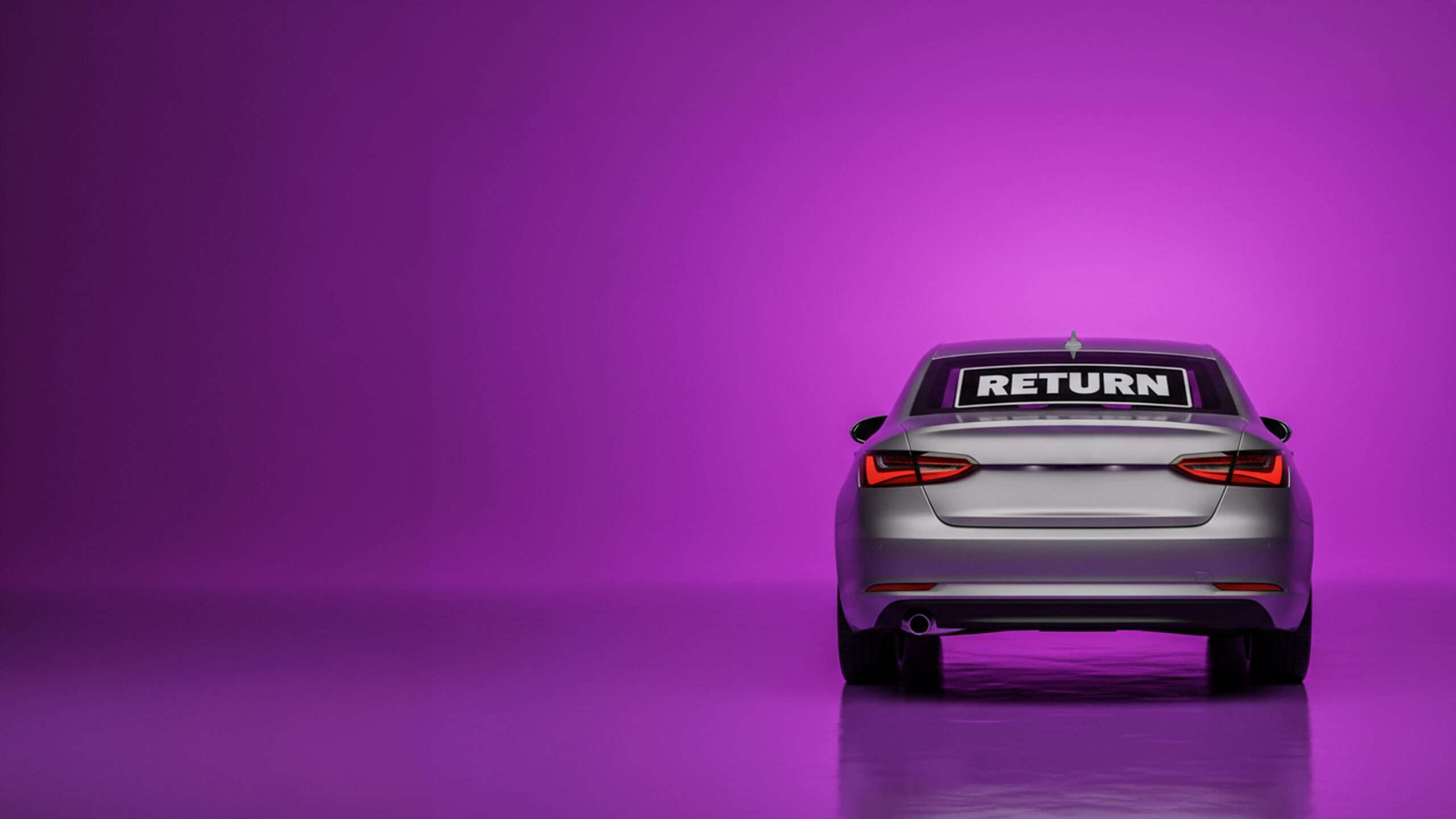
FraminG
is not
Copyright infringement!
FraminG
is not
Copyright infringement!
from
Are you allowed to embed and display images, videos and other content on your own website or Facebook page using framing? The European Court of Justice says yes, which is likely to cause nightmares for authors and rights exploiters.
Copyright issues
If you take an image, a video or other copyright-protected content, copy it and incorporate it into your own website without the consent of the author, this constitutes reproduction and communication to the public under copyright law . If this is done without the author’s consent, it is a copyright infringement. So far, so well known.
If you take an image, video or other copyright-protected content but do not copy it, but embed the content directly on your own website by means of framing, there is no reproduction, even though the result looks the same to the Internet user. But what about communication to the public? Is this the case if the content was already online?
The specific case
A supplier of water filter systems had a video made for advertising purposes and published it on its own website. The film ended up on YouTube, but without the consent of the water filter provider.
Two sales representatives working for the competition seemed to like the film, at least they embedded the YouTube video on their own websites by means of a link in the form of framing, so that the video could be played on their site.
The water filter provider defended itself against this, as it considered its copyrights to have been infringed.
Decision of the court
The subsequent legal dispute ultimately concerned the question of whether embedding the YouTube video on the commercial agents’ websites constituted a communication to the public within the meaning of copyright law. The Federal Court of Justice referred this question to the ECJ for a decision.
The ECJ (Decision of 21.10.2014 – Ref. C-348/13 ) has now ruled that this does not constitute communication to the public.
A communication to the public relevant under copyright law only exists if either a protected work is used by means of another technical process or is reproduced for a new audience.
If a work has already been published freely accessible on the internet, as in the present case, there is no communication to the public in the sense of copyright law, as the work has already been publicly reproduced. Furthermore, the reproduction is not aimed at a new audience, as anyone who posts content freely accessible on the internet is addressing all internet users as an audience.
Significance of the judgment
According to the ECJ, embedding third-party content that is freely available on the internet into your own website does not constitute a communication to the public and therefore, as a rule, no copyright infringement. According to the Luxembourg judges, it is therefore safe to embed YouTube films on your own website or on Facebook. The same applies to images and texts.
In the case in question, the work had also ended up on YouTube without the author’s consent, so it is probably not relevant if the source of the link is an illegal copy, as long as the work was published somewhere with the author’s consent. This would probably only exclude content that never ended up on the internet with the author’s consent.
This should set alarm bells ringing for image agencies and other rights holders, as this means that without any further technical protective measures, for example, an image that has been made freely accessible on the internet with the consent of the rights holder can be framed by anyone. If it has been illegally copied in the meantime, framing links to the illegal copy are also permissible.
Conclusion
Even if the decision for social networks such as Facebook and Co. is to be welcomed by users, as they are no longer seen as copyright infringers, the consequences of the decision are devastating for authors.
An author who makes their content freely accessible online loses the de facto law on further distribution. He can only counteract this with technical measures or delete the linked original work. However, the latter only helps if the content has not been (illegally) copied in the meantime.
If the legislator does not intervene here, this could mean the end of some business models for authors on the Internet.
We are happy to
advise you about
Copyright!







